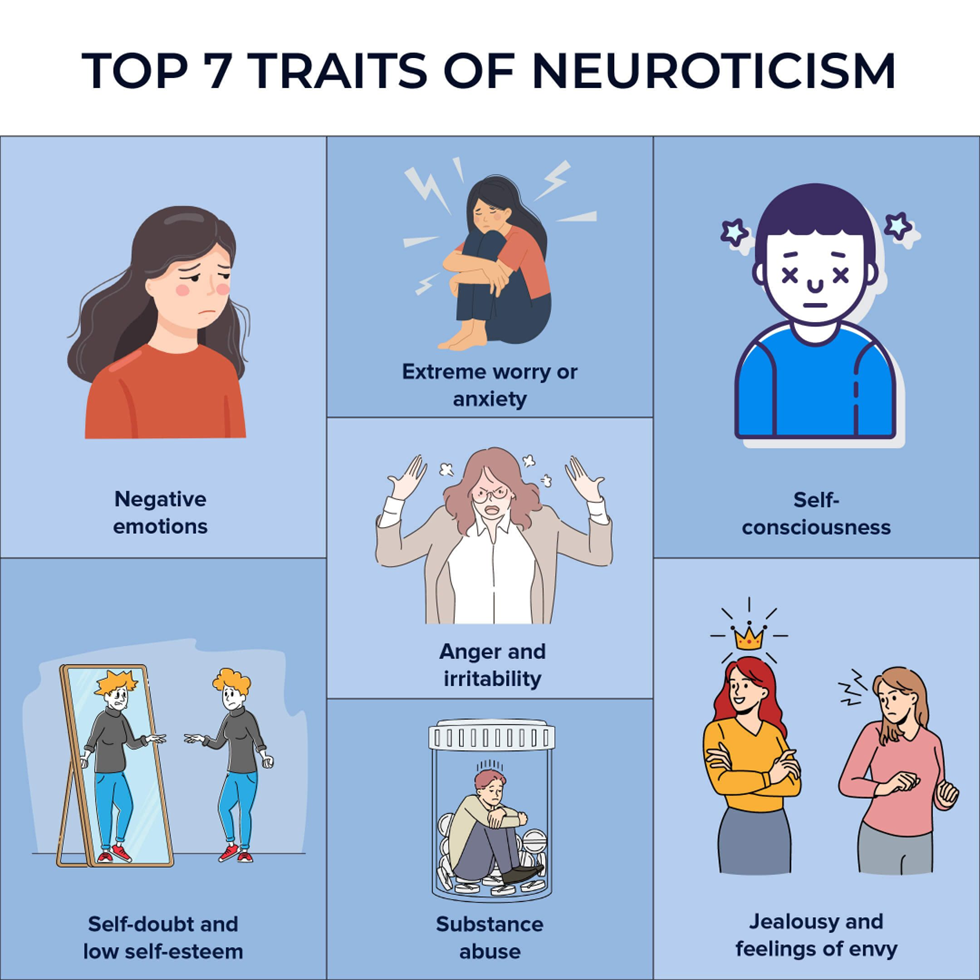A client with schizophrenia approaches the nurse with a look of distress and anguish on his face. He says, “Can’t you hear him? It’s the devil. He’s telling me I’m going to hell.” Which is the most appropriate response by the nurse?
“There is no such thing as the devil. It’s all in your mind.”
“You are not going to hell. You are a good person.”
“Did you take your medicine this morning?”
“The voices sound distressing, but I don’t hear them.”
The Correct Answer is D
Choice A Reason:
“There is no such thing as the devil. It’s all in your mind.”
This response dismisses the client’s experience and can make them feel invalidated. Telling the client that their experience is “all in your mind” does not acknowledge their distress and can increase their feelings of isolation and mistrust. It is important to validate the client’s feelings while gently orienting them to reality.
Choice B Reason:
“You are not going to hell. You are a good person.”
While this response is supportive, it does not address the client’s immediate distress about hearing voices. It is important to acknowledge the client’s experience of hearing voices and provide reassurance in a way that helps them feel understood and supported. Simply telling them they are a good person may not alleviate their anxiety about the voices.
Choice C Reason:
“Did you take your medicine this morning?”
Asking about medication adherence is important, but it is not the most appropriate immediate response to the client’s distress. This question can come across as dismissive and may not provide the immediate comfort and validation the client needs. It is better to first acknowledge the client’s experience and then address medication adherence later.
Choice D Reason:
“The voices sound distressing, but I don’t hear them.”
This is the correct response. It acknowledges the client’s distress and validates their experience without reinforcing the delusion. By stating that the nurse does not hear the voices, it gently orients the client to reality while showing empathy and understanding. This approach helps build trust and provides comfort to the client.
Nursing Test Bank
Naxlex Comprehensive Predictor Exams
Related Questions
Correct Answer is D
Explanation
Choice A Reason:
The statement “The client is always aware that their behaviors are maladaptive” is incorrect. While individuals with neurotic behavior may sometimes recognize that their behaviors are maladaptive, this awareness is not consistent. Neurotic behaviors are often automatic and unconscious efforts to manage deep anxiety. Therefore, the client may not always be aware of the maladaptive nature of their actions.
Choice B Reason:
The statement “The client uses adaptive defense mechanisms to cope” is incorrect. Neurotic behavior typically involves the use of maladaptive defense mechanisms rather than adaptive ones. These mechanisms, such as denial, repression, or projection, are employed to manage anxiety and stress but do not effectively resolve the underlying issues. Adaptive defense mechanisms, on the other hand, are more constructive and promote healthier coping strategies.
Choice C Reason:
The statement “The client never has mood or personality changes” is incorrect. Neurotic behavior is often associated with mood swings and emotional instability. Clients with neurotic tendencies may experience frequent changes in mood and may struggle with regulating their emotions. Therefore, it is inaccurate to state that the client never has mood or personality changes.
Choice D Reason:
The statement “The client does not experience loss of contact with reality” is correct. Neurotic behavior, unlike psychotic behavior, does not involve a loss of contact with reality4. Clients with neurotic tendencies remain aware of their surroundings and can distinguish between reality and their internal experiences4. This characteristic differentiates neurotic behavior from more severe mental health conditions such as schizophrenia, where a loss of reality is a key feature.

Correct Answer is A
Explanation
Choice A Reason:
Clozapine is known to cause agranulocytosis, a potentially life-threatening condition where the white blood cell count drops significantly, leading to a higher risk of infection. Patients on clozapine must have regular blood tests to monitor their white blood cell count. Any signs of infection, such as fever, sore throat, or flu-like symptoms, should be reported to a physician immediately as they could indicate agranulocytosis.

Choice B Reason:
A decrease in hallucinations is generally a positive sign indicating that the medication is working effectively. It is not a reason to call the physician immediately. Instead, this should be discussed during regular follow-up appointments to assess the overall effectiveness of the treatment.
Choice C Reason:
While a decrease in appetite can be a side effect of clozapine, it is not typically an emergency unless it leads to significant weight loss or malnutrition. This should be monitored and discussed with the physician during regular visits. If the decrease in appetite is severe or persistent, it may warrant a call to the physician, but it is not as urgent as signs of infection.
Choice D Reason:
Insomnia can occur with clozapine use, but it is usually managed with adjustments to the medication regimen or additional treatments for sleep. While it is important to address insomnia, it does not require immediate medical attention unless it severely impacts the patient’s well-being.
Whether you are a student looking to ace your exams or a practicing nurse seeking to enhance your expertise , our nursing education contents will empower you with the confidence and competence to make a difference in the lives of patients and become a respected leader in the healthcare field.
Visit Naxlex, invest in your future and unlock endless possibilities with our unparalleled nursing education contents today
Report Wrong Answer on the Current Question
Do you disagree with the answer? If yes, what is your expected answer? Explain.
Kindly be descriptive with the issue you are facing.
